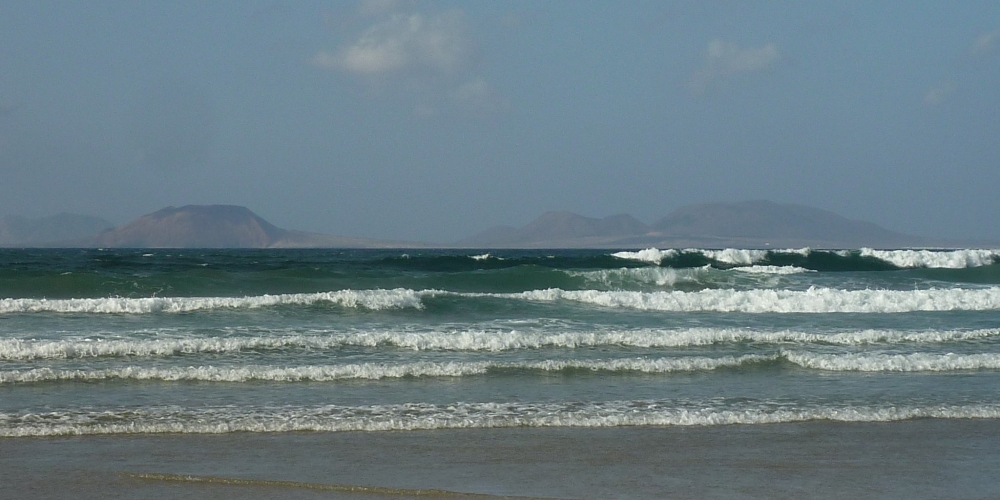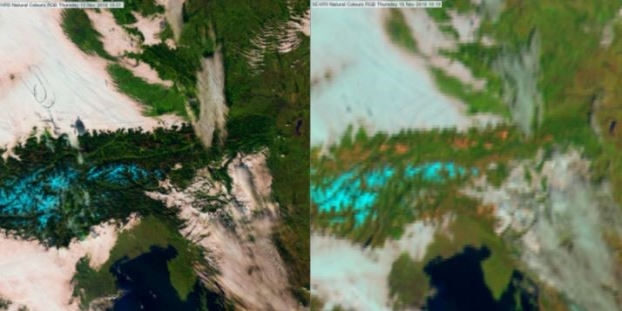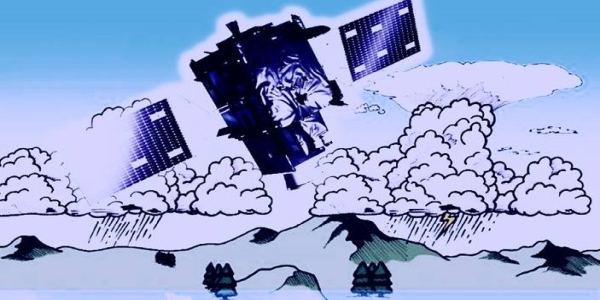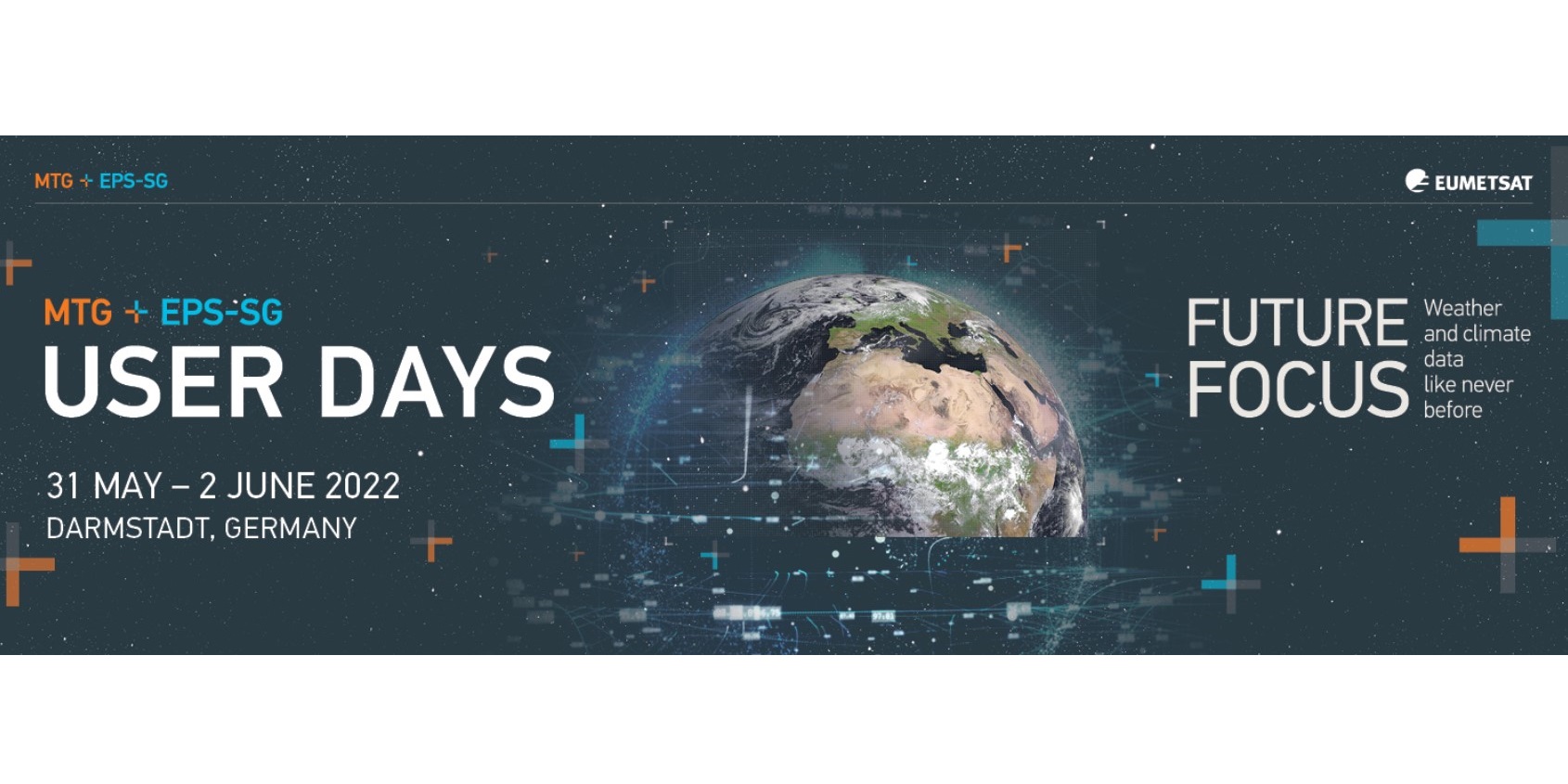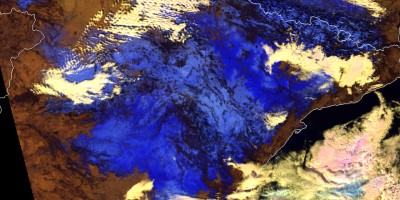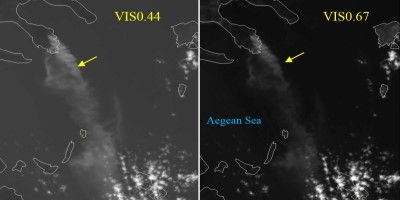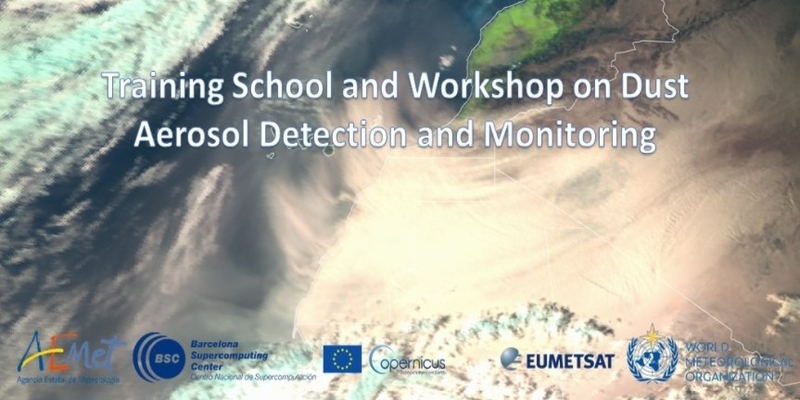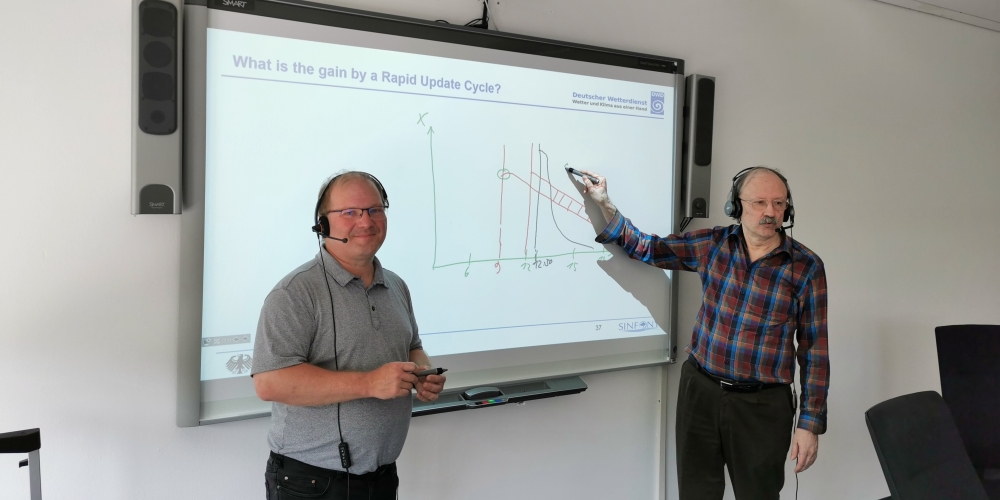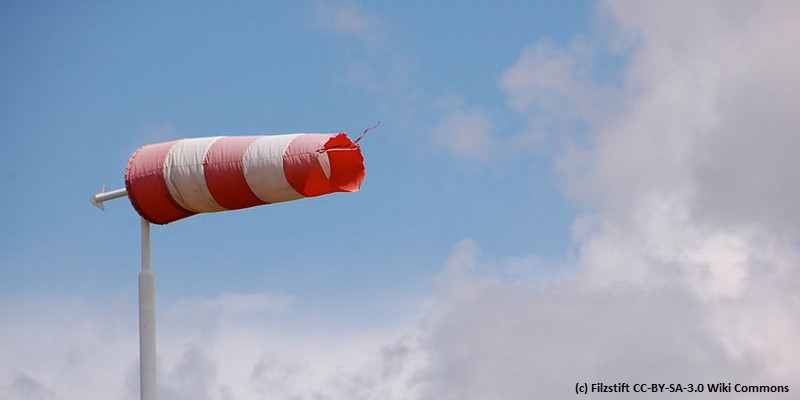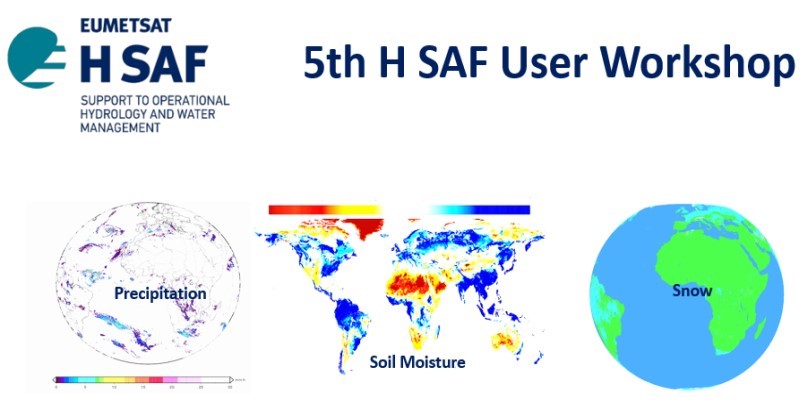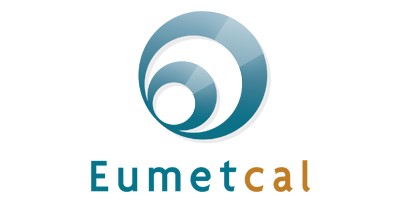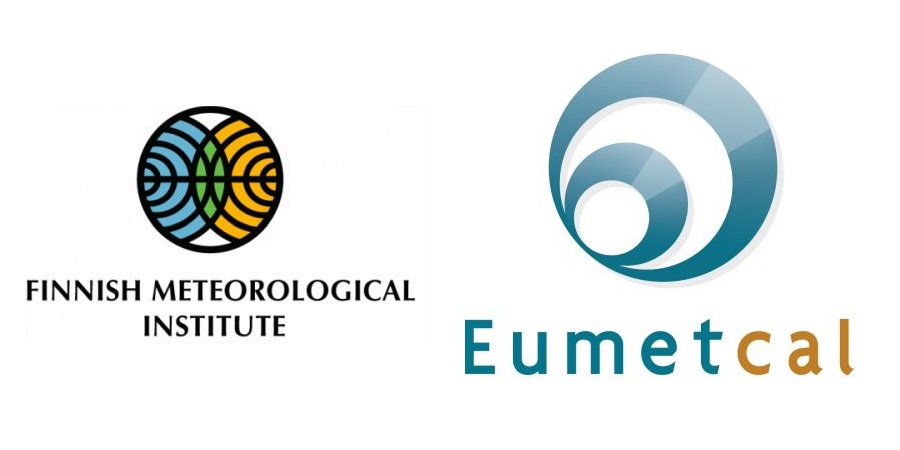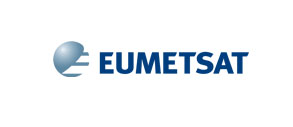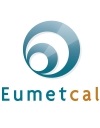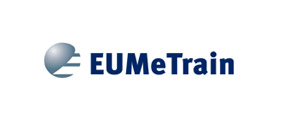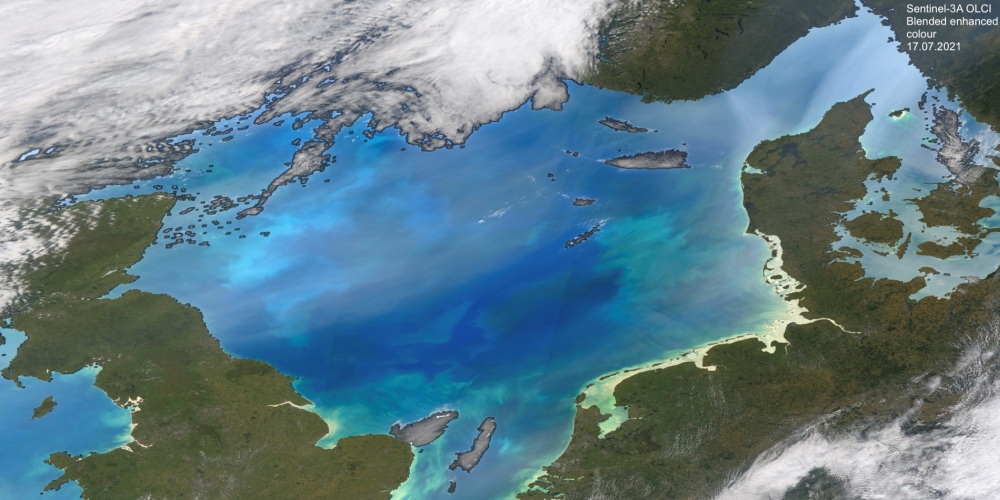
A new phase for the EUMETSAT Copernicus Marine Training Service
2022 / OnlineIn January 2022, EUMETSAT commissioned phase two of their Copernicus Marine Training Service, building on the extensive list of training activities over the last five years. The new service, which features experienced trainers and applications experts in ocean colour, sea surface temperature and altimetry, expects to deliver a busy calendar of events this year.
The team invites users to get in touch: "In the short team, we look forward to engaging with you at some of the following events in the next quarter. In the longer term, this year we expect to deliver training events at Ocean Optics, the IOCCG Summer Lecture series, the OSTST science team meetings, as well as deliver a suite of short courses and our annual long form Copernicus Marine Data Stream course. This list is not exhaustive, and if you are planning events where we can contribute, then please get in contact with us at copernicus.training@eumetsat.int.
"Throughout the year we also expect to deliver an extensive array of public resources to support users of EUMETSAT Copernicus marine data via case studies, python-based code examples and knowledge bases. If you have feedback or questions on any of these items, please contact us via email at ops@eumetsat.int. We would be happy to hear it!"
See the next article for more details on upcoming marine training activities.
